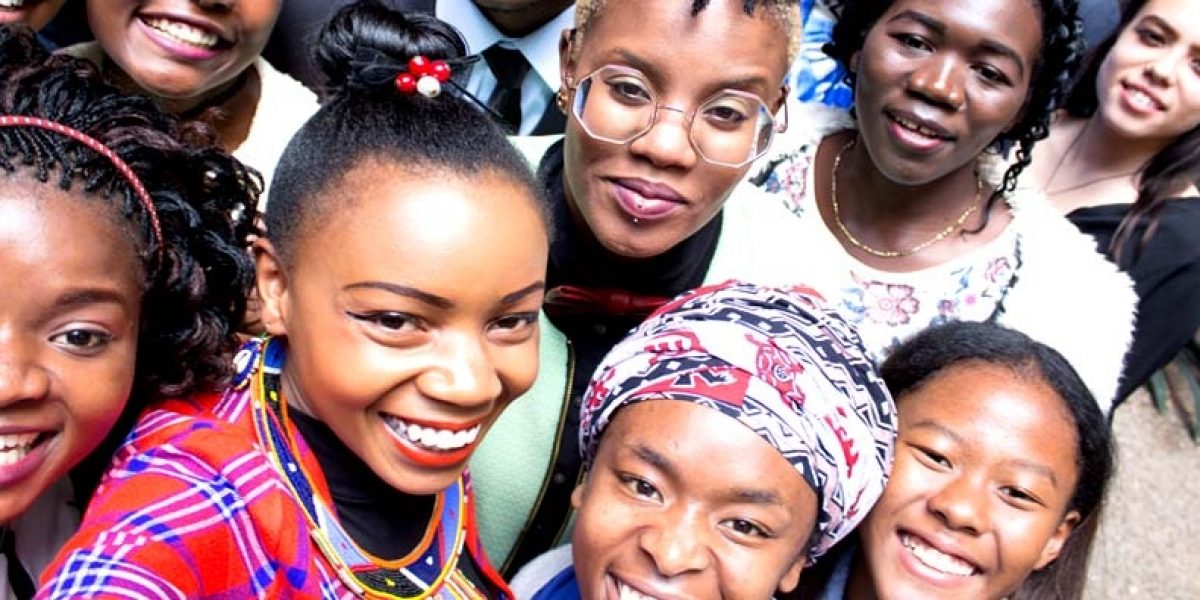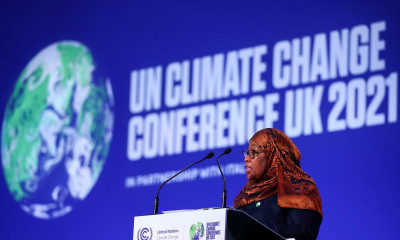The purpose of the workshop was to discuss the emerging youth demographic in Africa and brainstorm a youth statement ahead of the official launch of the new UNICEF Generation 2030 Africa 2.0 report and campaign.
The report presents a vision for Africa’s youth, the “2030 Generation”, to ensure a safer, more secure and prosperous future. In this way Africa’s young people will become an asset to the continent’s development, not a burden. This is also known as achieving a demographic dividend.
Africa is projected to become home to 1 billion children by 2055, accounting for almost 40% of the world’s population. The report and the Generation 2030 campaign aim to involve today’s youth in policies on essential services, skills enhancement and protection that will shape the world in the coming decades.
“Nothing about us without us”, was a guiding theme during the workshop.
The diversity of workshop delegates’ backgrounds led to a rich dialogue and insight into different lived African experiences. Participants continued their work well into the night to complete the powerful youth statement, which gave recommendations on how young people can become meaningfully involved in decision-making and policy implementation at government level.
Delegates Albertina Zandamela from Mozambique, Lee-Ronique Hannies from South Africa, Siatra Msandu from Zimbabwe and Joseph Kibuika Ngochi from Kenya were selected to present the statement at the official report launch on 26 October in Johannesburg.
Key findings of the report:
- Half of the world’s children will be African by the beginning of next century, all of whom will bear the consequences of the policy choices that are made by world leaders today.
- With appropriate investments in human capital and policies that stimulate job creation, per capita income in Africa could quadruple by 2050.
- Africa will become an urban continent within the next 20 years. Today, 41% of its population lives in cities, compared to just 14% in 1950. By the late 2030s, most Africans will live in urban areas.
Technology is the game-changer
The author of the report, David Anthony, said the most powerful tools young people have today are technology and each other. Our generation can comment on and influence policies more effectively than any previous generation because of technology. We have more ways of reaching out to one another and more ways to share knowledge. The most important thing is for us to want to influence our own future.







